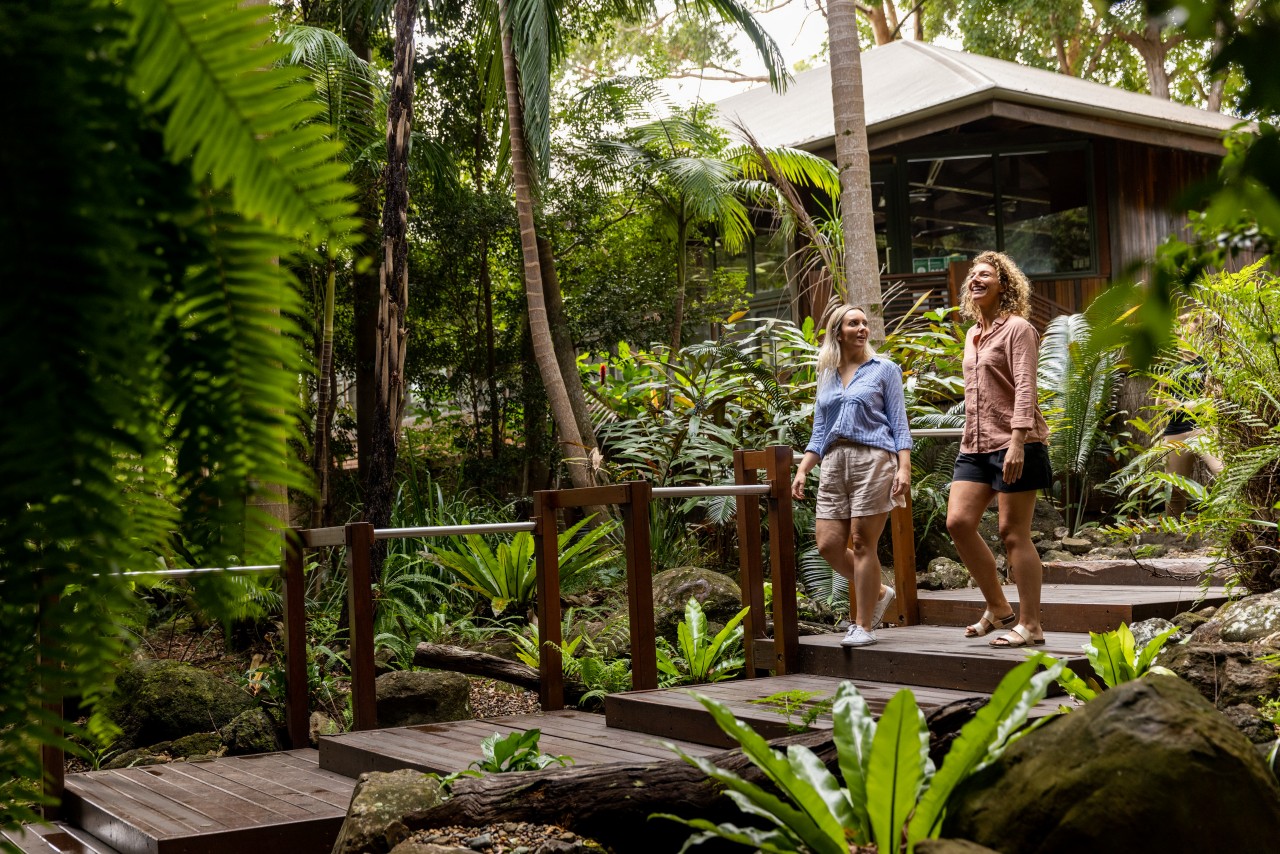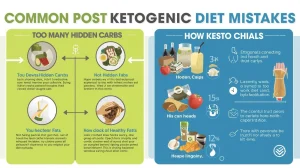Why a Wellness Retreat is the Ultimate Escape for Stress-Free Living

Wellness Retreat

The Rise of Mindful Escapes

In today’s fast-paced culture, stress has become more than an occasional inconvenience—it’s a daily companion for many. According to the Global Wellness Institute’s 2024 findings, nearly 50% of travelers now actively seek wellness-focused experiences when booking vacations. People are no longer satisfied with simple leisure; they are pursuing transformative journeys that support physical, emotional, and mental renewal. This cultural shift has elevated the Wellness Retreat from niche getaway to mainstream necessity. Read More : How to Start a Successful Automotive Repair Business in 2024
Unlike traditional vacations, which often leave travelers returning home just as tired as when they left, these retreats are designed with intentional recovery in mind. They combine holistic practices, science-backed therapies, and serene environments to help participants recharge, reconnect, and return with lasting tools for resilience. Read More : Navigating Supply Chain Resilience: The Role of Financial Technology in Modern Businesses
What Makes a Wellness Retreat Different?

The essence of a Wellness Retreat lies in its focus on balance and sustainable transformation rather than temporary indulgence. From yoga and meditation programs in Bali to sleep-optimization workshops in Switzerland, these retreats are built to address modern challenges like burnout, digital fatigue, and anxiety. Read More : The Benefits of Choosing the Right Business Banking Account for Your Startup
Recent studies from McKinsey & Company highlight how the wellness travel sector is growing faster than nearly any other branch of tourism, outpacing even luxury travel. The reason is clear: people crave experiences that go beyond sightseeing—they want purposeful escapes that directly improve their quality of life.
A retreat’s daily structure often includes mindful practices, nature immersion, plant-based cuisine, and expert-led coaching sessions. The result isn’t just relaxation, but a powerful reset that creates space for new habits and perspectives to flourish. Read More : Exploring the Latest Trends in Health Insurance: What You Need to Know
The Science of Stress Relief

The success of retreats is not just anecdotal—it’s supported by neuroscience and psychology. Research published in Frontiers in Psychology reveals that immersive wellness programs significantly reduce cortisol, the body’s primary stress hormone, while increasing serotonin and dopamine levels linked to mood regulation.
In addition, retreat settings—often secluded beaches, mountain valleys, or forest sanctuaries—naturally enhance recovery by exposing participants to restorative environments. This connection to nature, known as biophilia, has been proven to lower blood pressure, improve sleep, and boost immune function. That’s why stepping away from the noise of city life into a dedicated Wellness Retreat offers more than a mental break; it provides measurable benefits for both body and mind.
Wellness Retreat as a Lifestyle Investment

While some may see retreats as a luxury, many travelers are reframing them as an essential investment in long-term health. The Future of Wellness survey (2025) highlights that consumers increasingly view wellness not as a one-time indulgence but as a consistent, daily practice. Retreats provide the perfect environment to learn, practice, and reinforce these habits.
Participants often return home with practical tools—such as breathwork techniques, digital detox strategies, or customized nutrition plans—that continue to serve them long after the trip ends. In this way, a Wellness Retreat is not only about the days spent on-site but also about reshaping how one approaches everyday living.
Types of Wellness Retreats Shaping 2025

The industry is rapidly evolving to meet diverse needs. Travelers can now choose from specialized retreats tailored to different goals:
- Digital Detox Retreats: Designed for those overwhelmed by constant connectivity, offering structured time away from devices.
- Mindfulness & Meditation Retreats: Focused on inner stillness, often incorporating silent practices or guided programs for mental clarity.
- Fitness & Adventure Retreats: Combining movement with exploration, from hiking in the Alps to surfing in Costa Rica.
- Regenerative Nature Retreats: Emphasizing sustainability and eco-living, these retreats reconnect participants with the planet while restoring personal vitality.
- Brain Optimization Programs: A newer category, blending neuroscience, cognitive training, and biohacking to support mental sharpness.
Each type ensures that individuals can find a Wellness Retreat aligned with their personal aspirations, whether they’re seeking calm, challenge, or a complete lifestyle overhaul.
Community and Connection

One of the most overlooked yet powerful aspects of retreats is the sense of belonging they foster. In a world where loneliness has been described by health experts as an epidemic, being part of a small, intentional group can be deeply healing. Conversations around shared goals, group meditations, and communal meals often create bonds that last far beyond the retreat itself.
This sense of community nurtures social well-being—an increasingly recognized pillar of health. Studies suggest that strong social connections not only reduce stress but also extend life expectancy. By combining solitude with community, a Wellness Retreat offers the best of both worlds: space for self-reflection and opportunities for authentic connection.
The Next Frontier in Wellness Travel

As technology, science, and holistic traditions converge, retreats are becoming more innovative and impactful. Experts forecast that by 2027, wellness tourism will exceed $1.3 trillion globally. What makes the sector stand out is its adaptability—constantly integrating new practices like sound therapy, AI-powered health tracking, and regenerative travel principles.
For modern individuals striving to balance ambition with well-being, the allure of a Wellness Retreat lies in its promise of renewal. It’s not about escaping life but about finding a better way to live it—stress-free, purposeful, and deeply connected.






